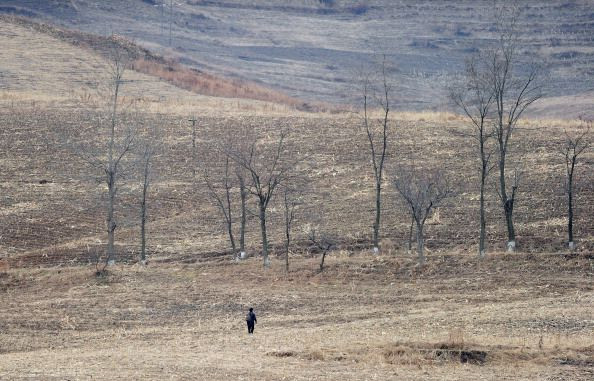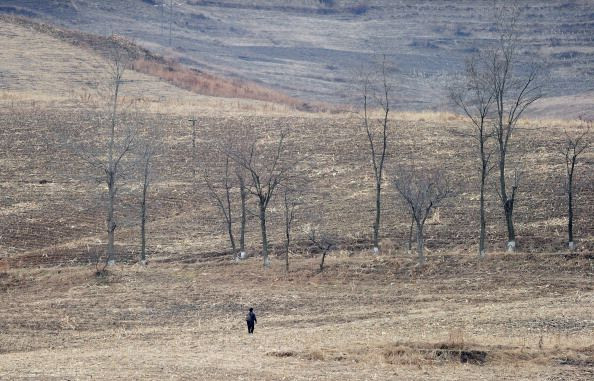North Korea Is Running Out Of Food, Asks International Aid

The spectre of a deadly famine similar to the 1994 to 1998 disaster where over 3 million North Koreans died from starvation has come back with the revelation North Korea is fast running out of food and has slashed food rations for its citizens.
This startling admission by a usually secretive nation was made by Kim Song, North Korea’s ambassador to the United Nations, in a memo obtained by NBC News. In this memo, Kim emphasized his country lacks enough food to feed its people.
He blamed this situation on a combination of natural disasters and the sanctions imposed by the United States and the international community, which make it difficult for the country to buy farming equipment from abroad.
Kim said the North Korean government is urgently requesting help from international organizations to feed its people. He noted that a food assessment conducted in late 2018 in cooperation with the Uited Nations World Food Program found that North Korea produced 503,000 fewer tons of food than it did in 2017.
This huge shortfall was blamed on record high temperatures, drought, heavy rainfall and international sanctions.

Kim said “restricting the delivery of farming materials in need is another major reason” North Korea faces shortages. This has forced the government to cut “food rations per capita for a family of blue or white collar workers” to 300 grams from 550 grams in January.
“All in all, it vindicates that humanitarian assistance from the UN agencies is terribly politicized and how barbaric and inhuman sanctions are,” said Kim in his memo.
Kim revealed that North Korea will continue to face food shortages and may only increase rations by 10 grams in July despite an effort to increase food imports and harvest its crops early this year.
The United Nations said 10.3 million or 41 percent of North Korea’s population of 25 million face food insecurity. Another 10.1 million suffer from malnutrition.
Some international foreign policy experts, however, are wary of this incredible and unusual admission of national failure from a country that doesn’t talk about its failures as a matter of course.
North Korea’s claims of severe food shortages might be a negotiating tactic ahead of the upcoming second summit between president Donald Trump and North Korean dictator Kim Kong-un in Vietnam next week.
“It may be admitting weakness, but it’s not without a plan,” said Dr. Victor Cha, who was formerly director for Asian Affairs at the National Security Council during the George W. Bush administration.
Cha said North Korea might feel that it has some leverage to convince Trump to loosen the sanctions against it, especially with South Korea, China and Russia “beating down the doors of the United States.”
© Copyright IBTimes 2024. All rights reserved.





















